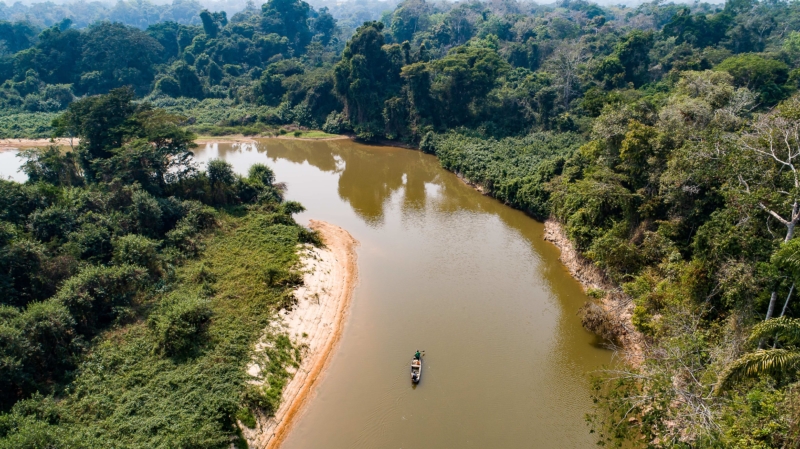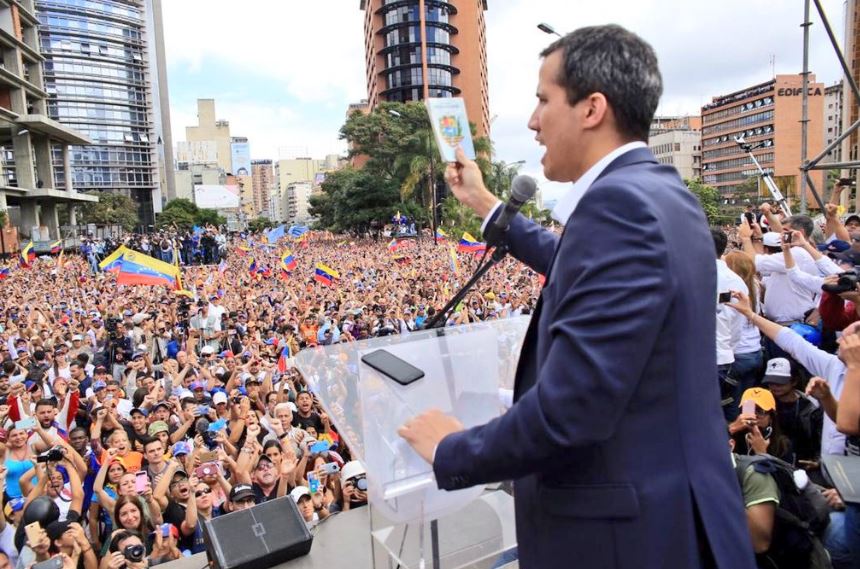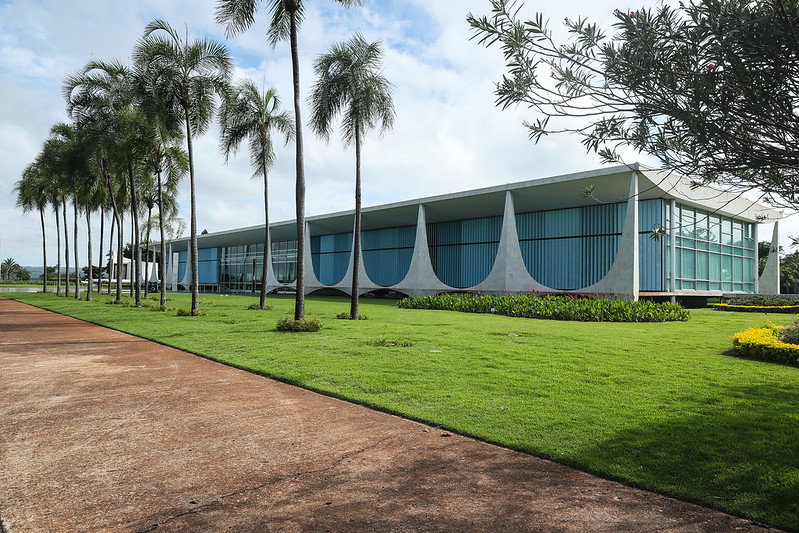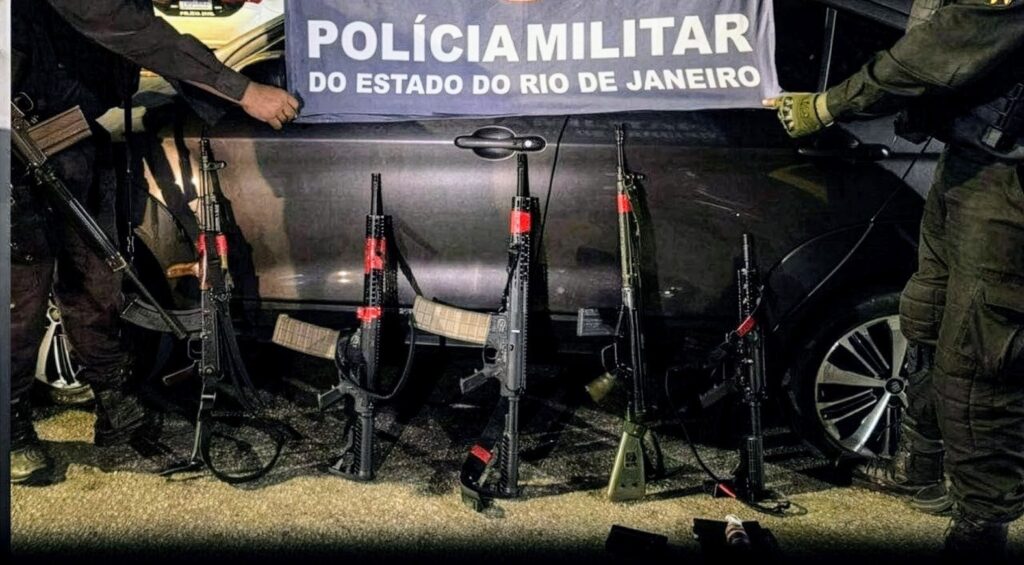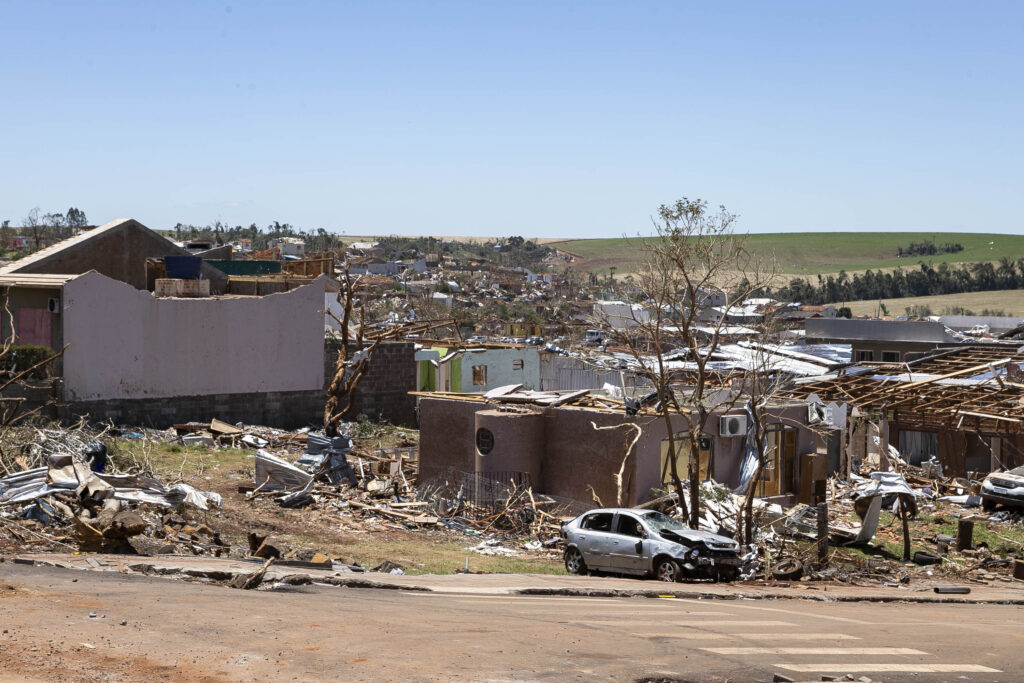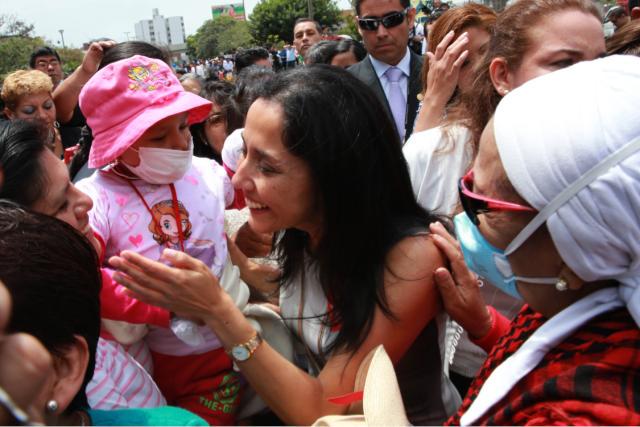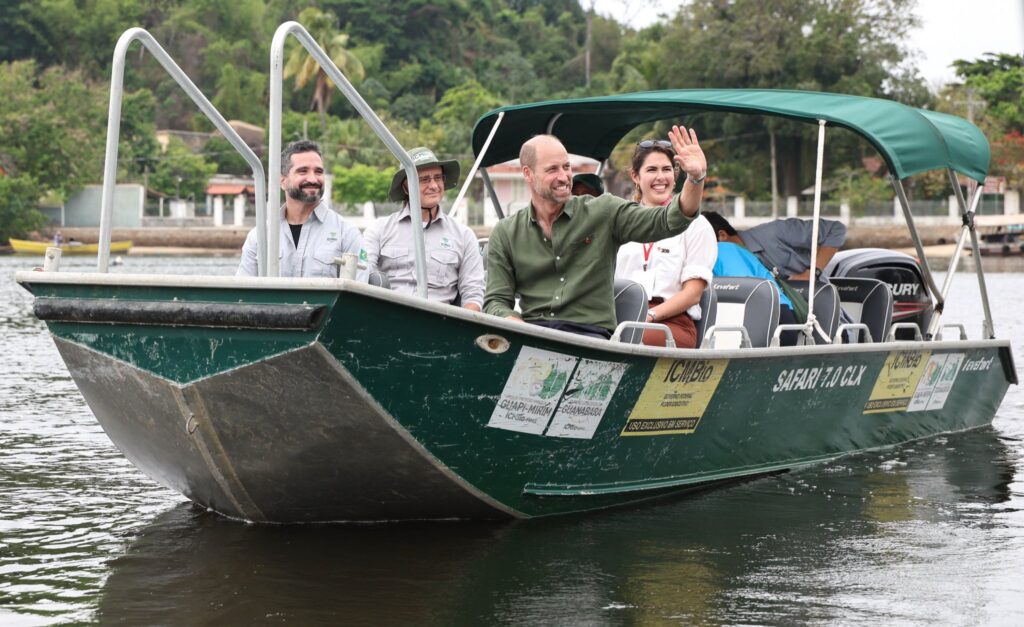Rumours that the son of jailed presidential candidate Lula da Silva, known as Lulinha, owns a private jet worth almost US $50 million have been dismissed by a team of journalists.
Launched at the beginning of this month, Comprova is an online portal that brings together 24 journalists from a selection of different Brazilian media outlets to fact check and monitor the spread of information ahead of this October’s elections.
The rumours surrounding Lula’s son, which stated that he was the owner of the Gulfstream III model G-1159A aeroplane, spread like wildfire on both Facebook and Whatsapp. Some were outraged that the son of an ex-President who defended Brazil’s working class would choose to travel in such luxury.
However, thanks to the team at Comprova, the history of the code under which the aeroplane is registered was traced back to its roots and no link to the Da Silva family was found. The word comprovar translates as “to prove” in English.
As South America’s largest country, it comes as no surprise that this year, the numbers of active Whatsapp users in Brazil were registered at over 1.5 billion per month, with around 120 million of the app’s total users being Brazilian. The messenger service is, without a doubt, the most popular form of communication in the Portuguese-speaking country, with many mobile phone operators offering the service for free with most contracts or pay-as-you-go plans.
This year alone, the app played a role in organising the truckers’ strikes that took place in May, as well as disrupting recovery efforts in order to increase the impact of the protest.
Although the service is owned by Facebook, who have recently carried out a purge of accounts to avoid the spread of false information, officials within the company have said that controlling information on Whatsapp is more difficult, given that conversations are encrypted and most are private.
According to ABC News, however, the company has recently introduced a “forwarded” tag, in order to make it explicit to users when messages are received that do not come from the original sender. This move is intended to curb the spread of rumours which may be false.
For his part, Comprova spokesmen and president of the Brazilian Association of Investigative Journalism Daniel Bramatti told ABC News, “If we manage to create a little bit of a culture of caution, of skepticism, of checking before sharing, verifying sources, I think we will already feel some difference.”
A BBC poll carried out last year revealed that 92% of Brazilians interviewed were concerned by the spread of false information. With presidential elections less than two months away, Comprova will be working to allay these fears.
The fact checking service will mostly focus on deterring information that is likely to widen the gap between the two most popular candidates in this year’s presidential election. Left-wing Lula da Silva, who remains in prison awaiting confirmation of whether he will be eligible to submit his candidacy, and right-wing Jair Bolsonaro, whose extreme policies are both welcomed and critiqued by different facets of Brazil’s population.
Today marks the start of free electoral advertising campaigns for presidential candidates, which will will be broadcast on Tuesdays, Thursdays and Saturdays, on national television at 1pm and 8.30pm, and via radio at 7am and 12 noon.




